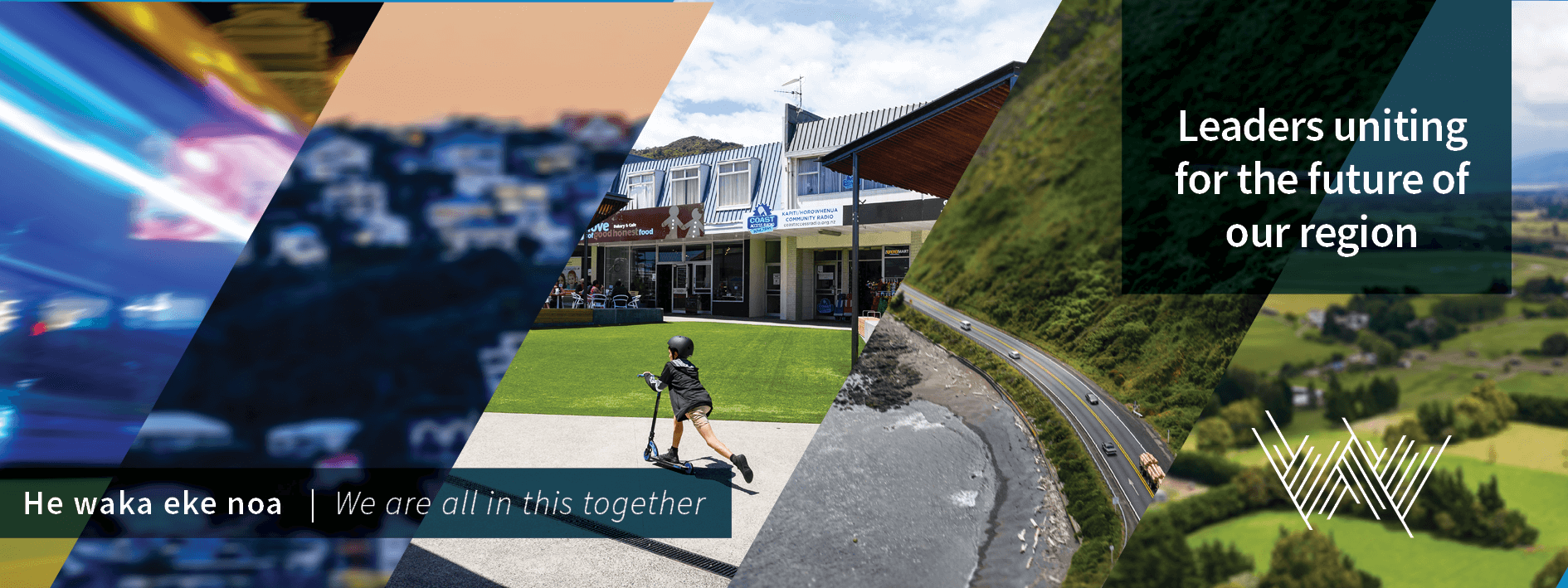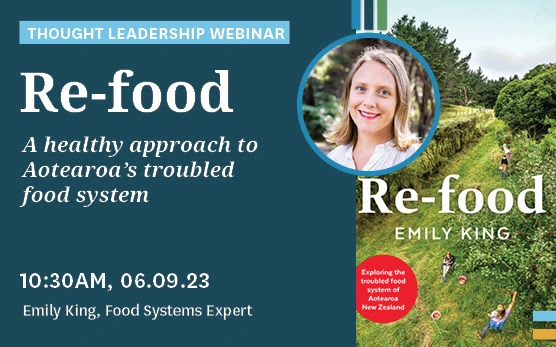Mahuru | October 2023
Kia ora koutou, we have a shorter pānui | eNews this month to focus on the Future Development Strategy, but keep an eye out for November’s eNews with some exciting regional project updates.
This month’s eNews features:
- Have your say on the Future Development Strategy, by 9 November
- FDS Webinar Recordings Available
- Upcoming Thought-Leadership Webinars:
- Green-Oriented Development, Monday 6 November – Dr Julian Bolleter & Alan Whiteley
- Navigating complex work programmes, Monday 13 November – Daniel Hummerdal
Future-proofing our region: Have your say on the Future Development Strategy
Only 10 days left to have your say on the Wairarapa-Wellington-Horowhenua Future Development Strategy!
If you’d like to influence how our region will look and to comment on key issues such as housing, transport and protecting the environment make sure to submit by 9 November. We’d love to see a wide spread of submitters, including young people who are the future of our region.
The draft strategy includes a statement on iwi and hapū values and aspirations are voiced created by our iwi partners called ‘Te Tirohanga Whakamua’. You can find more detail about this kaupapa in the background report ‘Iwi values and aspirations report for draft FDS’. Around 80% of our population are Māori with whakapapa links outside of the region, so we’d love to hear these voices in our consultation, too.
With the population of the Wairarapa-Wellington-Horowhenua region projected to grow by 200,000 people by 2053, it is important that we collectively consider how we aspire to live and grow together as a region, and what infrastructure will be needed to support that growth over the next 30 years.
Developing the Future Development Strategy is a legislative requirement under the National Policy Statement – Urban Development (NPS-UD), and it will inform the 2024 Long Term Plans of councils.
FDS WEBINARS RECORDINGS
As part of the FDS consultation process, two webinars were held to allow people to learn more about the Future Development Strategy, and ask questions. You can view these at the links below.
To visit the Future Development Page, containing the consultation background, key reports and documents, timeline, FAQs and more, please click the button below.
Future Development Strategy – Overview Webinar
An explainer webinar for those who would like to learn about what an FDS is, and what it means for our region.
Future Development Strategy – Dive into the Details Webinar
This webinar is intended for those who are familiar with regional spatial planning, who would like the opportunity to dive into the technical details and implications of the Future Development Strategy.
Upcoming Thought Leader Webinars
We have some inspiring speakers and topics on the horizon. Do take advantage of these informative talks, which are usually 20-30 minutes, followed by Q&A.
G.O.D. help us: Greenspace-Oriented Development, an alternative strategy for urban densification in suburban cities
12:30-1:30PM, Mon 06.11.23
Presenters: Dr Julian Bolleter, Landscape Architect, Professor, Author; and Alan Whiteley, Head of Landscape Architecture and Urban Design at WSP
We hope you can join us for this fascinating talk with Dr Julian Bolleter – Julian is a Professor, Author and Co-Director at the Australian Urban Design Research Centre (AUDRC) at the University of Western Australia and is the Program Director of AUDRC’s Master of Urban Design course.
Communities often regard ‘Business As Usual’ urban densification as an assault on the suburban dream. In response this presentation stakes out the potential of Greenspace Oriented Development (GOD) in which urban density is correlated with upgraded green spaces with reasonable access to public transport.
These parks will provide the amenity – otherwise offered by suburban backyards – to adjacent residents living in medium density infill development. Through such strategies, GOD offers a 21st century model for urban densification that aligns with the lifestyle aspirations of Australasia’s suburban residents. GOD help us!
Navigating Complex Work Programmes
10:00-11:00am, Mon 13.11.23
PRESENTER: Daniel Hummerdal, Co-Founder, OpenChange
OVERVIEW
In this webinar you will learn about mindsets and tools that help to manage ambiguity, and find opportunity in it.
We will discuss helpful approaches for managing the power dynamics, opposing world views and mindsets, and for creating collaboration where there might be discord.
This webinar will help you to elevate your practice, and improve your and your stakeholders ability to see the bigger picture and act in service of that.
Bring your most thorny work challenges to ask Daniel in the Q&A.
Who is this webinar useful for?
While the ideas in this webinar are valuable to anyone, it is particularly relevant to anyone who is part of a large work programme in public sector and local government.
DESCRIPTION
Growth-related challenges are a tangled state of affairs that require long-term thinking in often short-term planning/funding/political cycles. How do we create synergy with diverse programme partners, across different regional groups and multiple politicians, where costs and benefits do not fall evenly?
Areas like transport, urban design, housing, food security and climate are fundamentally entangled and cannot be managed well in silos, separate geographies, or aligned reporting. Similarly, they don’t fit well under a big umbrella of, ‘Grand Plan To Solve Everything.’
This webinar is designed to help you embrace the complexity of change and introducing a progressive approach to people, and the change process.
Past webinar recordings
Me Tū ā-Uru – United in right relationships to each other and the environment
Me Tū ā-Uru is an action plan for environmental governance and decision making that calls for shared authority of Aotearoa’s special places to ensure a flourishing environment for future generations.
In this webinar, Professor Maria Bargh, Professor Carwyn Jones and Ellie Tapsell spoke to the action plan and the challenges and opportunities it presents for reaching healthier long-term human and environmental relationships.
Emily King – Re-food, a healthy approach to our food system
In this webinar, Emily King speaks to her recently published book Re-food. Emily advocates for a food systems approach to Aotearoa’s troubled food networks – one that considers all paths and processes from farm to family table.
Emily’s book explores the best path forward to address challenges we face with our food system. It offers tools, insights and mindset changes that chart a path towards a healthier, more sustainable food future.
About the Wellington Regional Leadership Committee
WRLC is a joint regional partnership which brings together Iwi leaders, Mayors, Ministers of Government, and an independent chair, to work collaboratively on cross-boundary, growth-related challenges in the Wellington-Wairarapa-Horowhenua region.
WRLC exists to find better ways of working together to cultivate a region where people want to live, work and thrive.
Our projects cover five broad key areas that are integral to our shared growth-related cross-boundary challenges. These five areas are iwi capacity, housing, climate, transport and economic development and recovery. Find out more about our work on our project page, and if you’d like to talk or collaborate – get in touch at hello@wrlc.org.nz.











